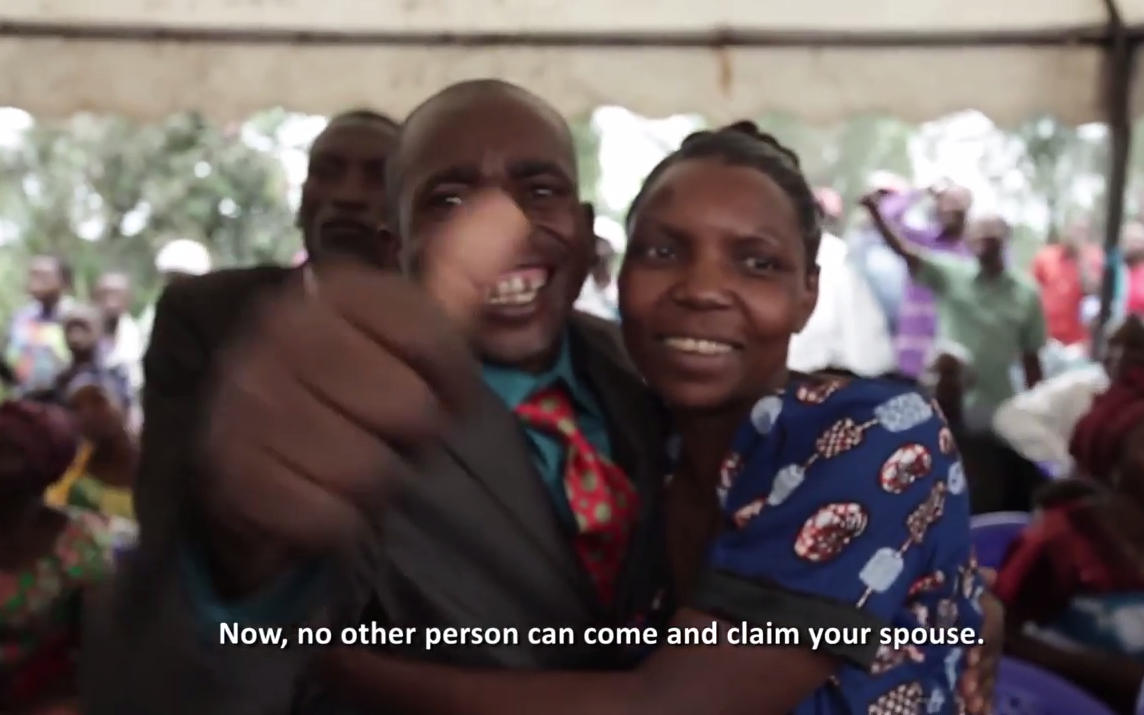Context
Conflict dynamics in the Great Lakes region - consisting of Rwanda, Burundi, the eastern part of the Democratic Republic of Congo (DRC) and Uganda - have shifted from regional instability to essentially internal political crises, revolving around electoral issues and questions of legitimacy. The ongoing crisis in Burundi has led to some cross-border tension with Rwanda, also in the economic field. The postponement of elections in DRC has created considerable uncertainty and increased tensions, negatively affecting some existing local conflicts and triggering violence in previously stable areas, e.g. the Kasai region. Up to now, the DRC crisis has not negatively affected bilateral relations between Rwanda and DRC. The two countries signed a number of bilateral co-operation agreements in 2016. In general, the Great Lakes regional programme was not affected by the instability in the region. The cross-border projects concerning Lake Kivu and the Greater Virunga landscape have led to enhanced regional collaboration and have helped to normalise bilateral relations.





